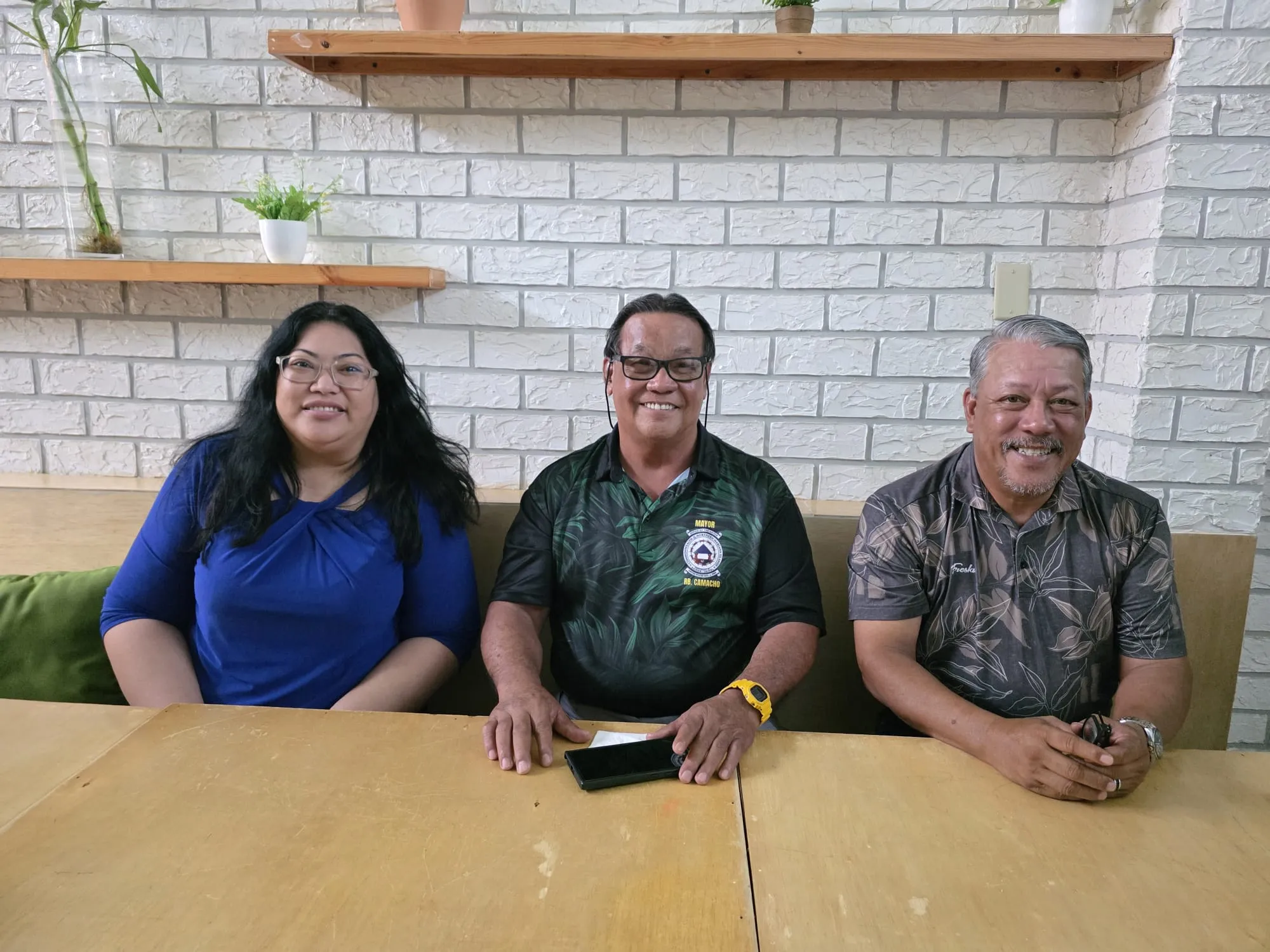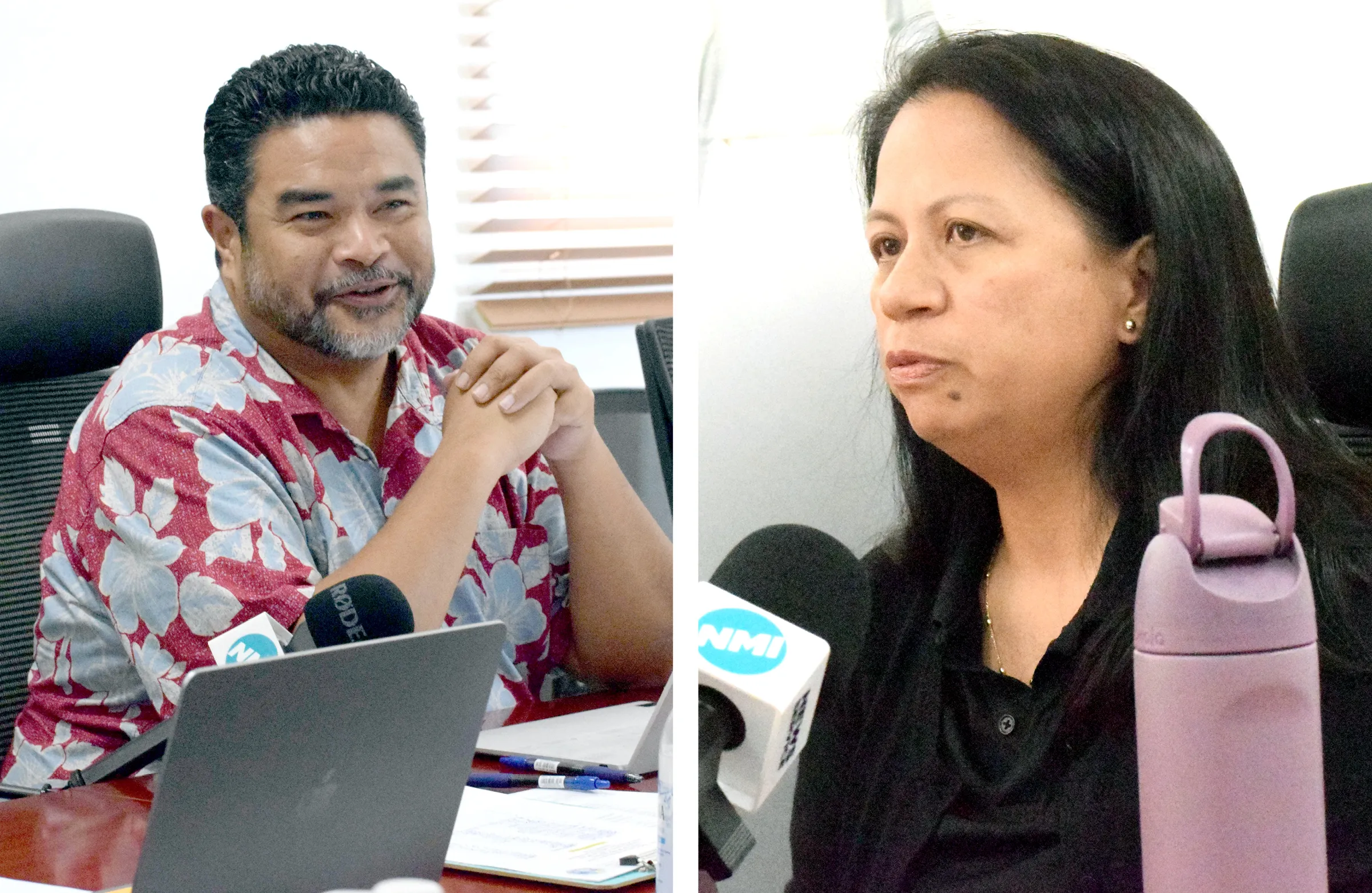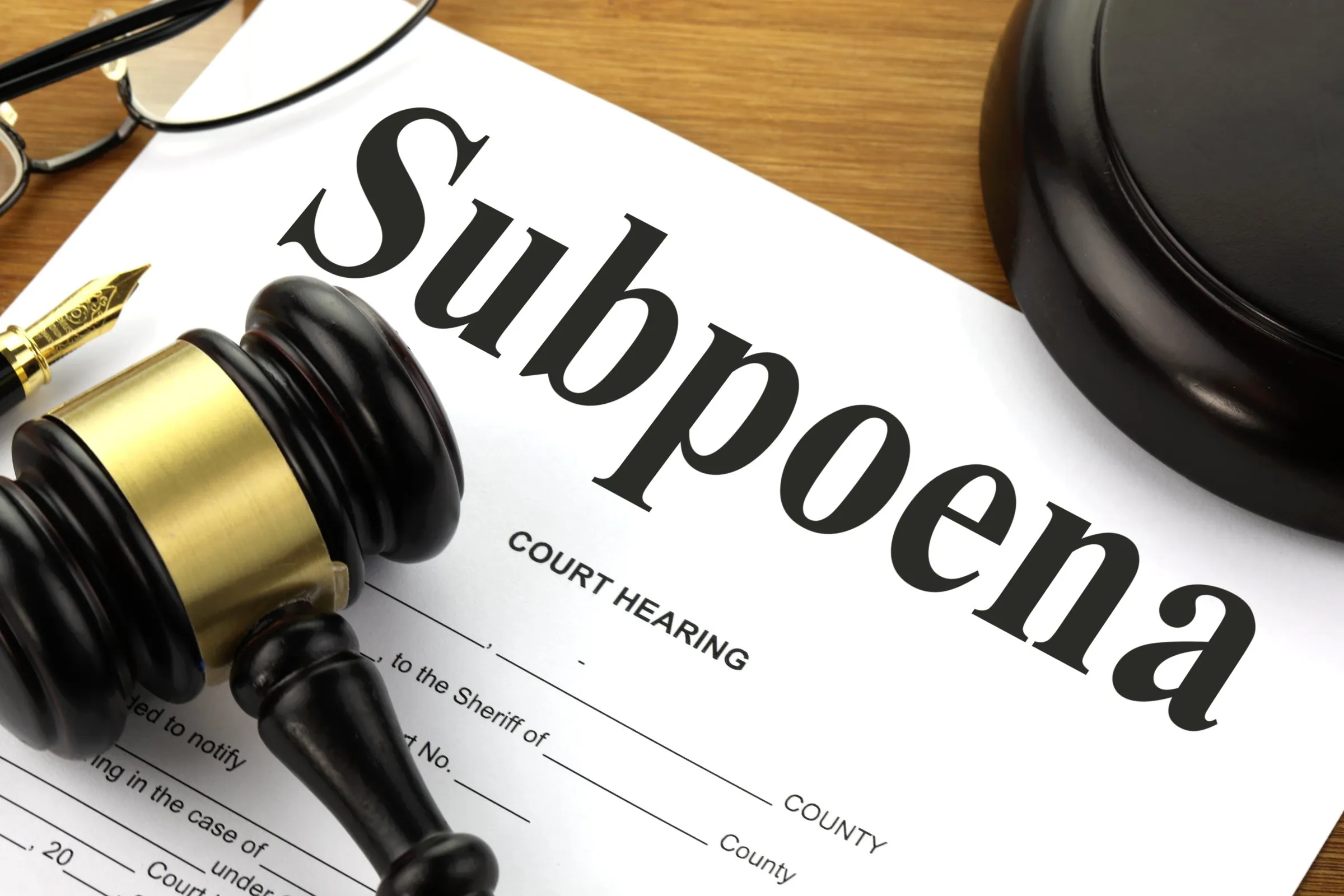Advice to youth senators
BEFORE anything else, you must find out how this government obtains the funding for its operations, programs and personnel. You will realize that the government does not “generate revenues.” It gets them by taking other people’s money through taxes and fees. (As for federal funds received by the CNMI, they come from federal taxpayers.)
Now think of any problem facing the CNMI today — and realize that previous officials have also tried to solve it. Learn about those past “solutions” and the other laws already on the books — the ones no one remembers, the ones that can’t be implemented, and the ones that simply aren’t being enforced. Then ask CNMI officials: why?
Government is as fallible as the people in whose name it governs. And people are fallible. Contrary to what you might have been told, government doesn’t “solve” problems. If we’re lucky, it might mitigate some of them — but in doing so, it often creates new problems.
To know how government is supposed to work you must learn about the separation of powers, federalism, the Bill of Rights, due process, the rule of law, market-based economics, and history — not just of the NMI, but also of Guam, the other Micronesian islands, the U.S. and the world.
As you know, the CNMI government doesn’t have enough funding because the economy is down. And the economy is down because our tourist arrivals are down — way down. But are you aware that four years ago, CNMI officials came up with specific ways to respond to the government’s financial crisis? We’re referring to the four-day Fiscal Response Summit, which, among other things, recommended several cost-cutting measures — including identifying departments and agencies with overlapping functions and proposing their consolidation. These department and agencies were mentioned in the summit report, which is available online. (See https://cnmi.pitiviti.org/)
Ask CNMI officials what actions they’ve taken to implement any of the summit’s recommendations — and if they haven’t, ask why.
We hope that at the end of your term, you will realize that there are many ways to serve the community other than going into politics — the practice of which, more often than not, is a disservice to the people it’s supposed to serve.
Speaking of an unenforced law
ABOUT a month ago, the Saipan mayor met with owners, managers and representatives of the island’s various tire shops “to discuss the topic of illegal tire dumping.” The mayor said he wanted to implement “proactive measures to address illegal dumping.” Well and good.
In pursuit of this important goal, we suggest that the mayor also meet with the agencies that are supposed to implement the anti-littering law. These are the Bureau of Environmental and Coastal Quality, the Department of Lands and Natural Resources, Public Health, the Department of Public Works, the Commonwealth Zoning Office, the Department of Public Lands, the Department of Public Safety, and the mayor’s office itself.
What have they been doing to enforce the law and prevent illegal dumping in areas where it is known to occur?
Fifteen years ago, a political gathering was held at American Memorial Park, and no one cleaned the mess left behind. Federal authorities were not amused. The event’s organizer — a politically influential individual — was charged with littering in federal court, found guilty, and ordered to pay a fine.
Have you heard of any littering complaints at that park since then?
Neither have we.









